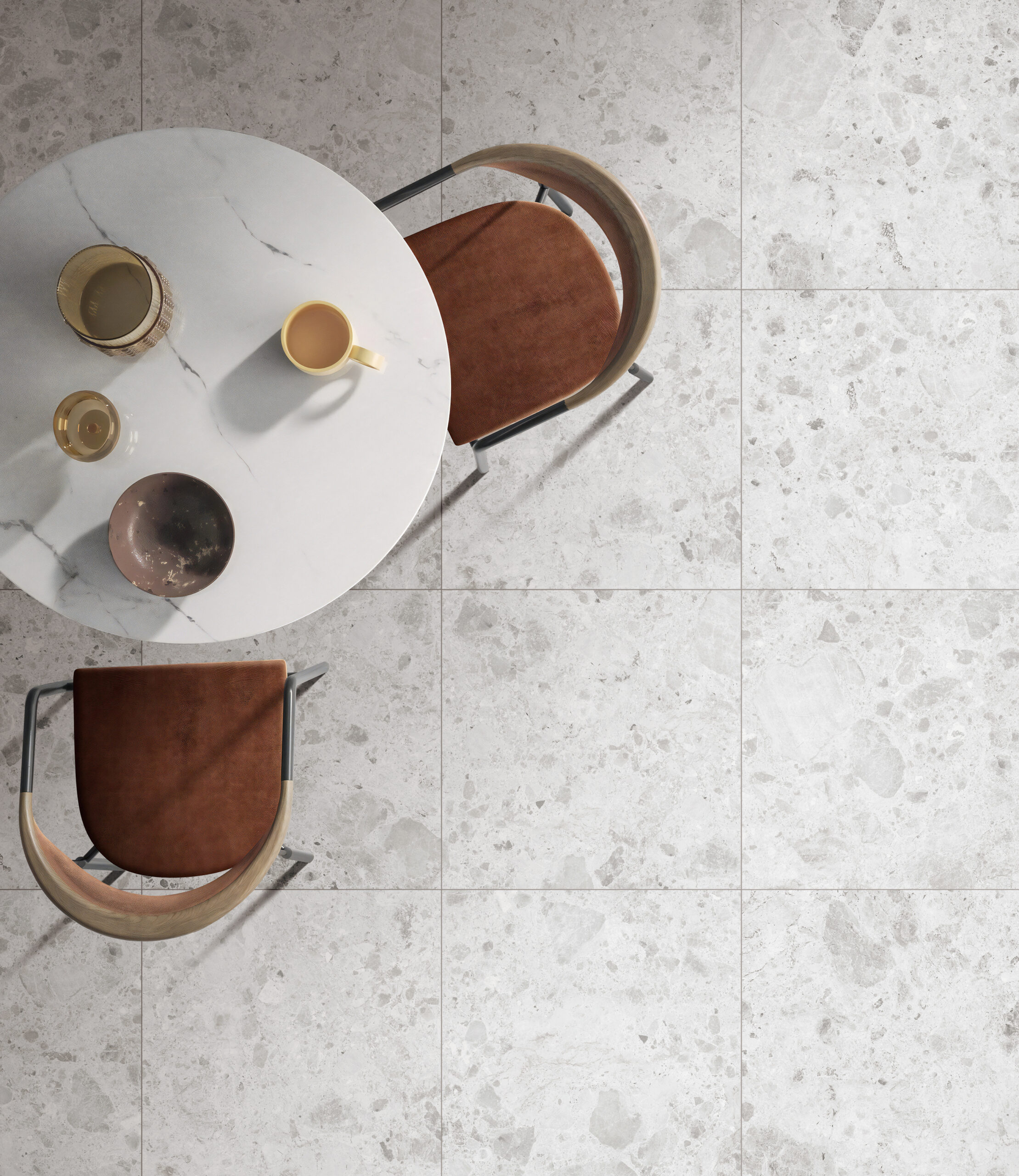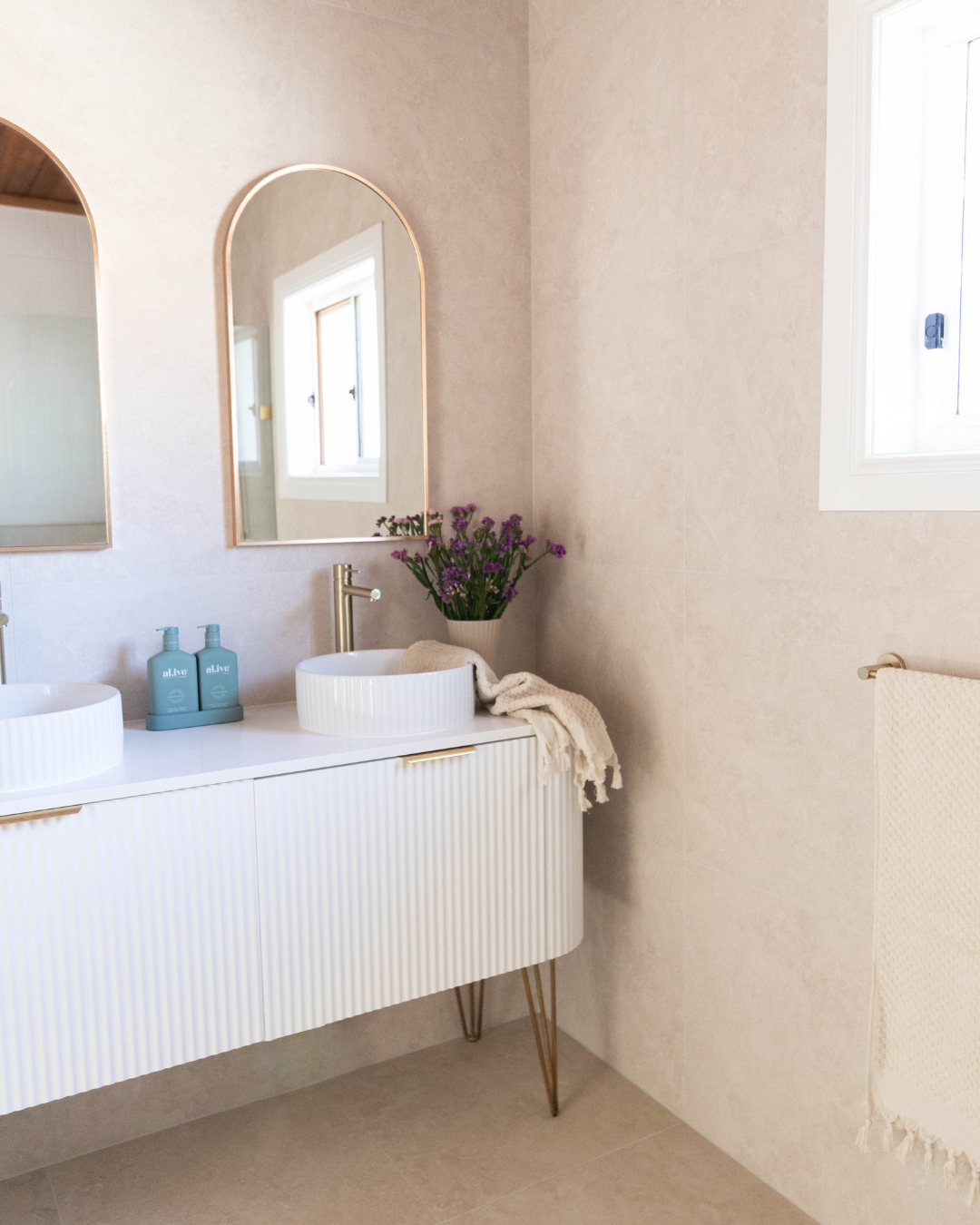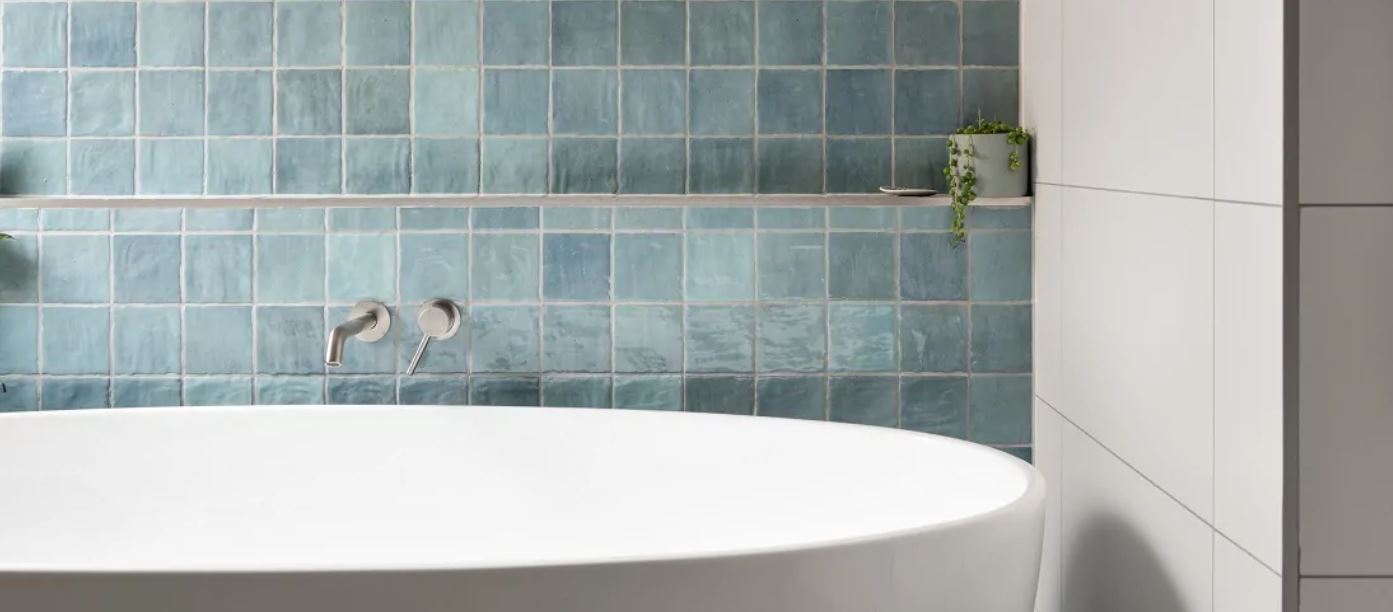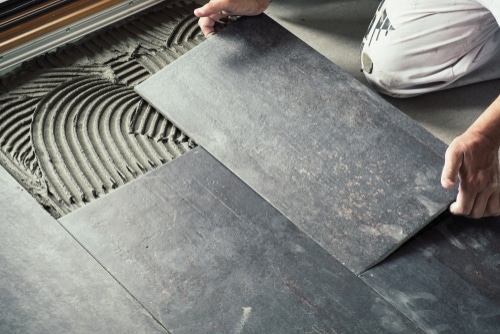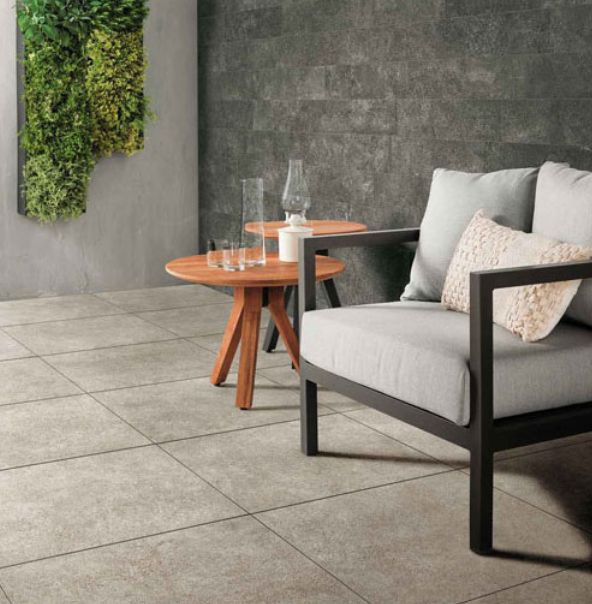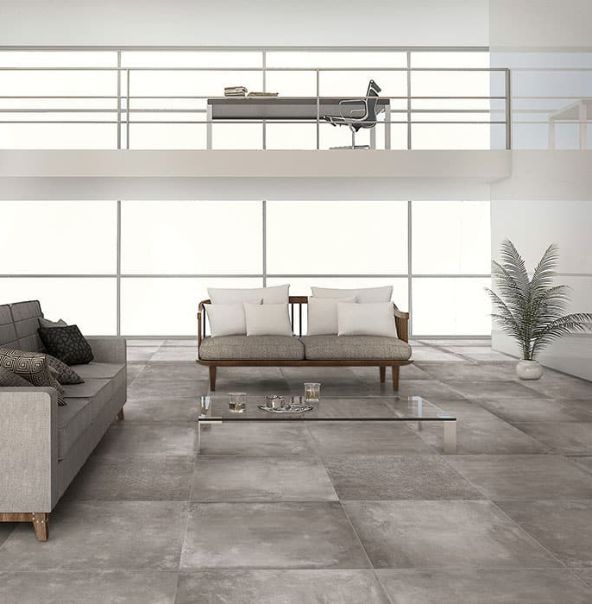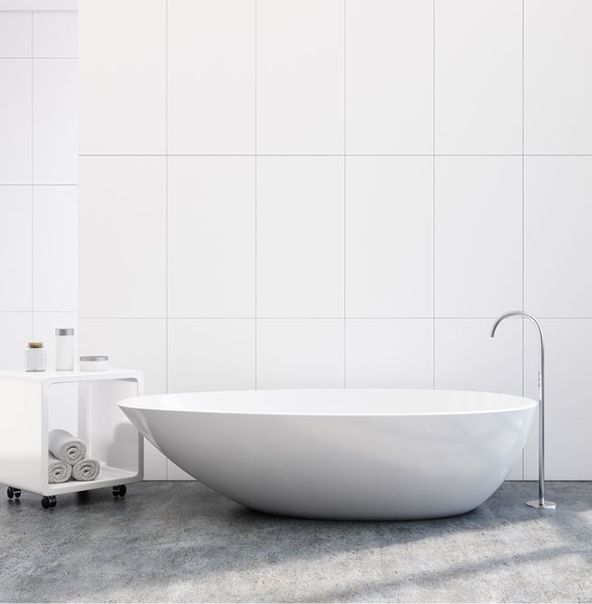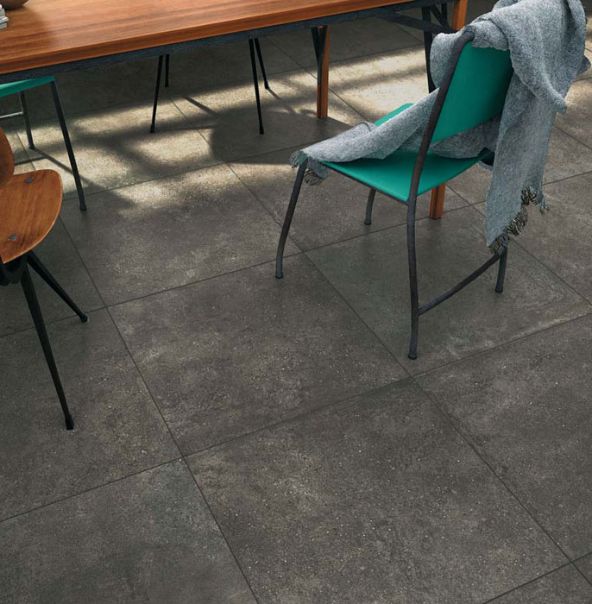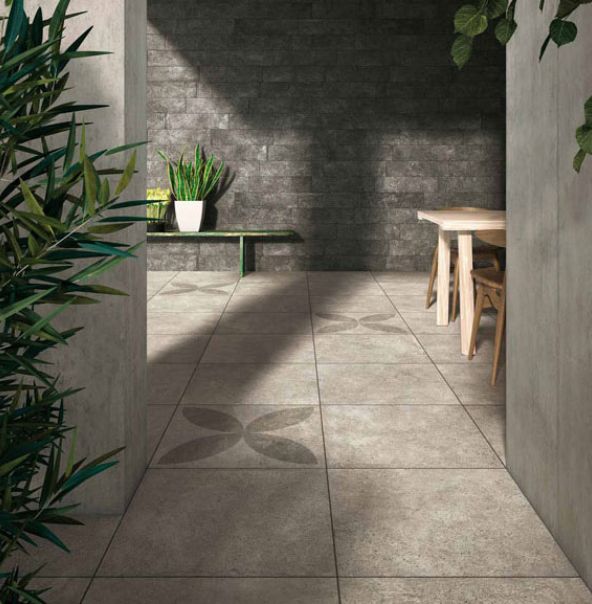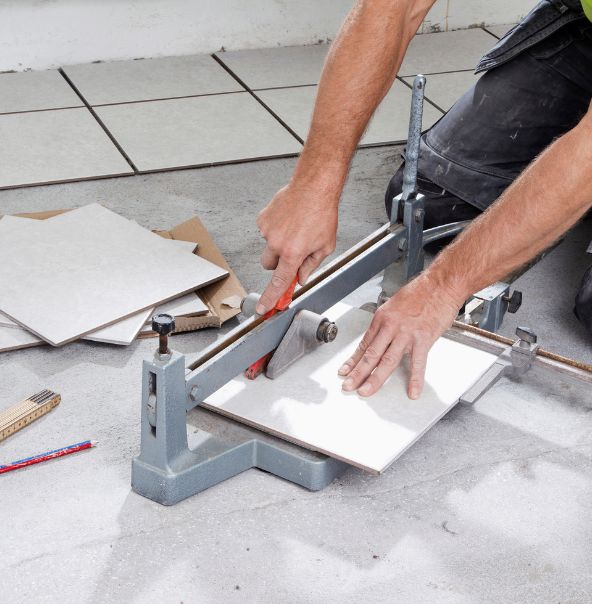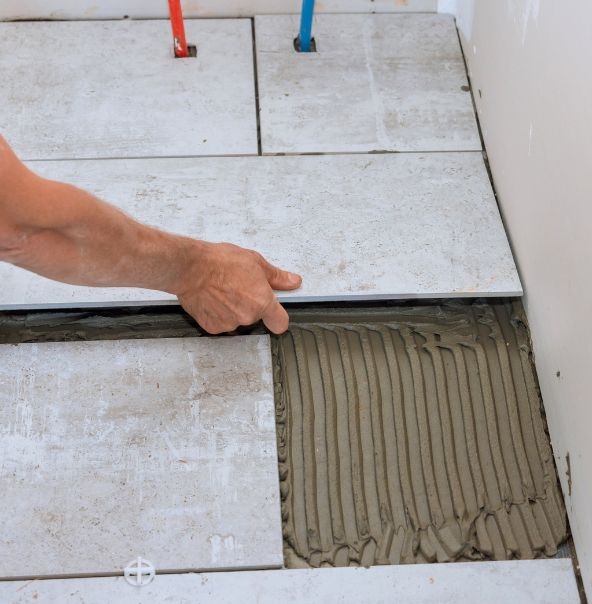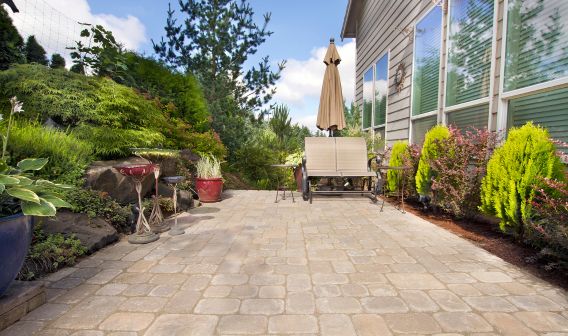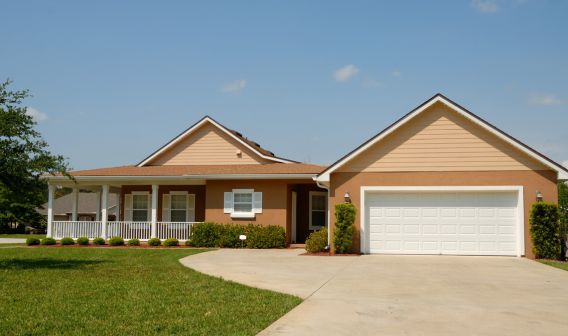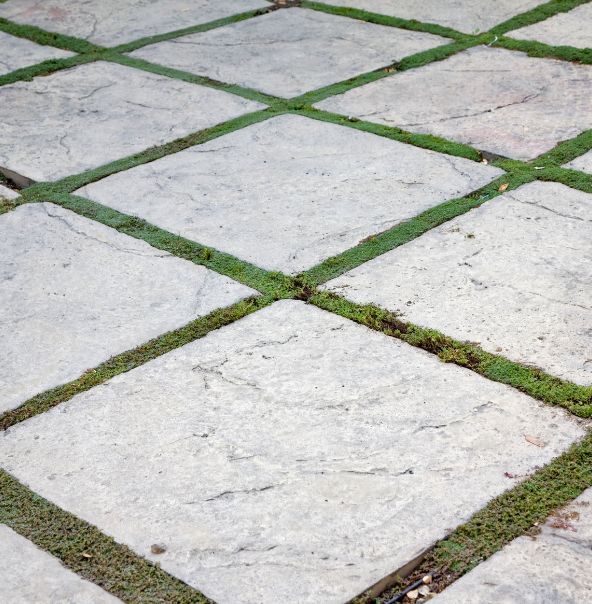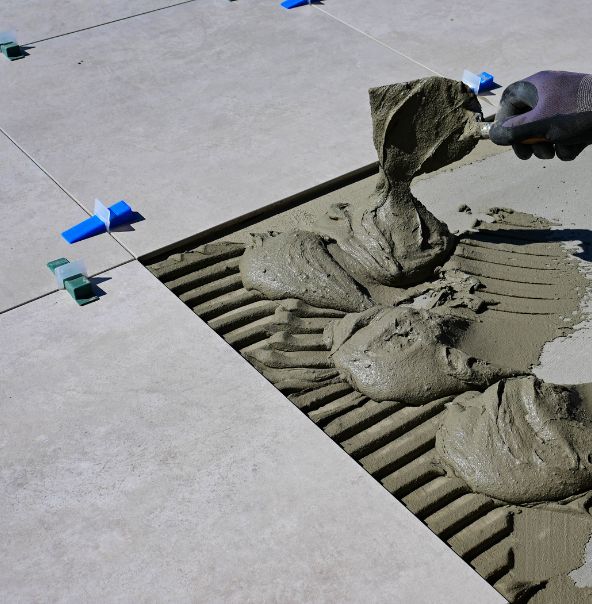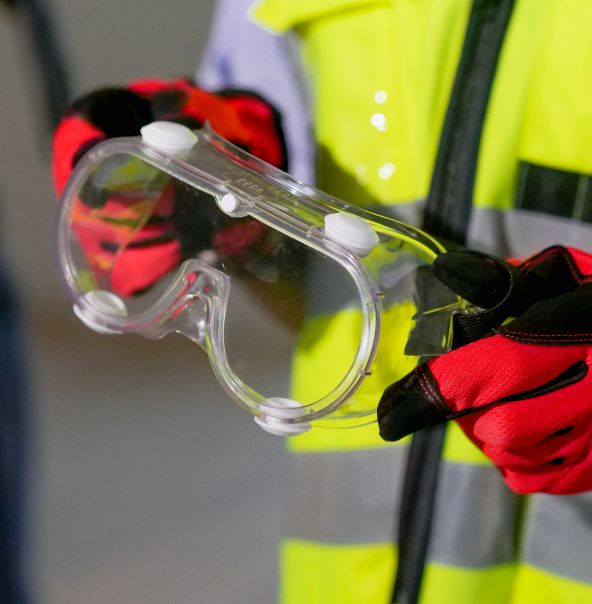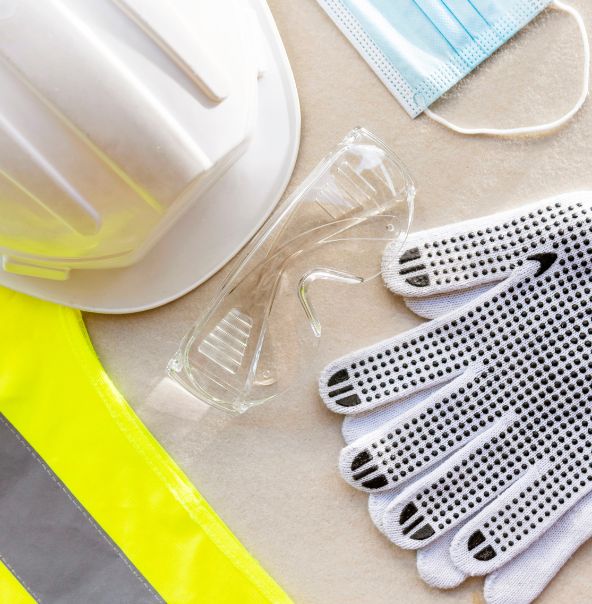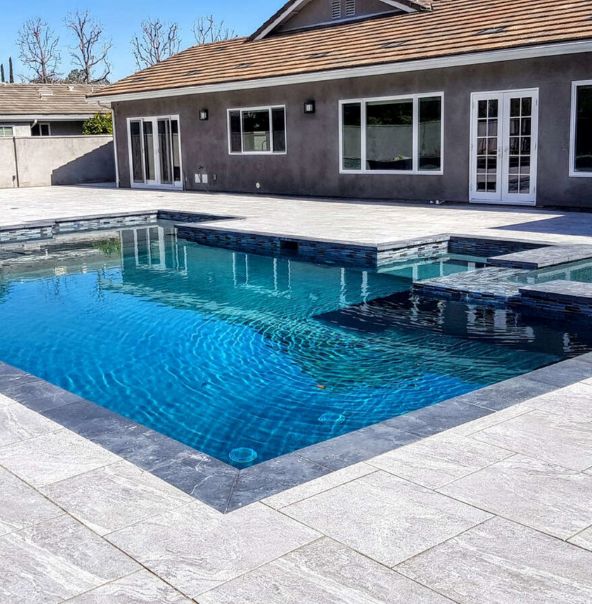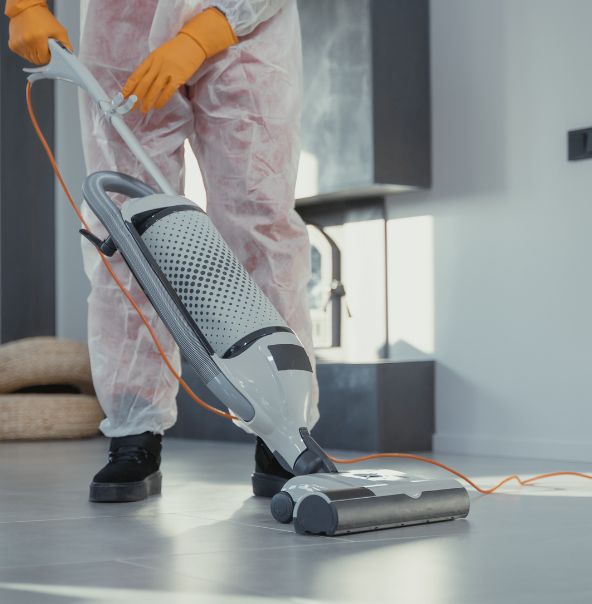Why Professionals Trust TFO for Porcelain Pavers
Need top-quality porcelain pavers without blowing the budget? You’re in the right place.
At TFO, we bring in tiles directly from over 150 global manufacturers. That means you skip the middleman and save big. We’re talking up to 70% less than traditional tile shops. No delays. No inflated prices. Just great value in outdoor pavers that you’ll love for years to come.
With over 700,000m² in stock at our Smithfield NSW warehouse, you can pick up on the spot or get fast delivery Australia-wide. Whether you’re building from scratch or upgrading your backyard, we’ve got what you need, ready to go.
Not sure where to start? Our friendly team offers free design advice, take-home samples, and tips tailored to your space, style and budget.
Shop online or visit our Smithfield showroom to see the difference for yourself!
Outdoor Porcelain Pavers FAQs
Are porcelain pavers better than concrete pavers?
Yes. Porcelain pavers are denser, more durable, stain-resistant, and don’t require sealing like concrete. They also hold their colour and finish for much longer.
Do porcelain pavers need a concrete base?
Not always. They can be dry-laid on sand, gravel, or grass, or installed on pedestal systems. But for driveways or heavy loads, a concrete base is recommended.
How long do porcelain pavers last?
Porcelain pavers can last 25–50 years or more with proper installation and maintenance. Their non-porous surface makes them highly resistant to wear, weather and fading.
For detailed care instructions, visit our porcelain panel cleaning and maintenance guide.
Is porcelain paving slippery when wet?
Not if you choose the right finish. Outdoor-grade porcelain pavers typically have a textured surface with a P4 or P5 slip rating, making them safe even in wet areas.
Want a safer surface? Check out our guide on non-slip floor tiles to pair perfectly with your porcelain pavers.
Do porcelain pavers get hot in the sun?
They can warm up, but usually less than dark-coloured stone or concrete. Choosing lighter colours and shaded areas helps keep surfaces cooler underfoot.
Do outdoor porcelain tiles go green?
No. Porcelain is non-porous and doesn’t absorb moisture, so it resists moss, mould, and algae much better than porous materials like stone or concrete.
Can you jet wash porcelain paving?
Yes. You can safely use a pressure washer on porcelain pavers, but avoid high pressure near grout lines to prevent damage.
Can you lay 20mm porcelain on a driveway?
Yes, but only over a reinforced concrete slab. This ensures the pavers can support the weight of vehicles without cracking.
Are porcelain pavers stronger than regular outdoor tiles?
Yes. Porcelain pavers are fired at higher temperatures, making them harder and more resistant to cracking, stains, and moisture than most standard outdoor tiles.
How do I know which porcelain paver is right for me?
The best way is to visit a showroom or order a sample you can touch and feel in your own space. That way, you can see how the finish looks in natural light and make sure it suits your style.
Do outdoor porcelain pavers feel rough or smooth to the touch?
Most outdoor porcelain pavers have a lightly textured finish for grip, but still feel smooth enough to walk on barefoot. They strike a nice balance between comfort and safety, especially around pools and patios.

